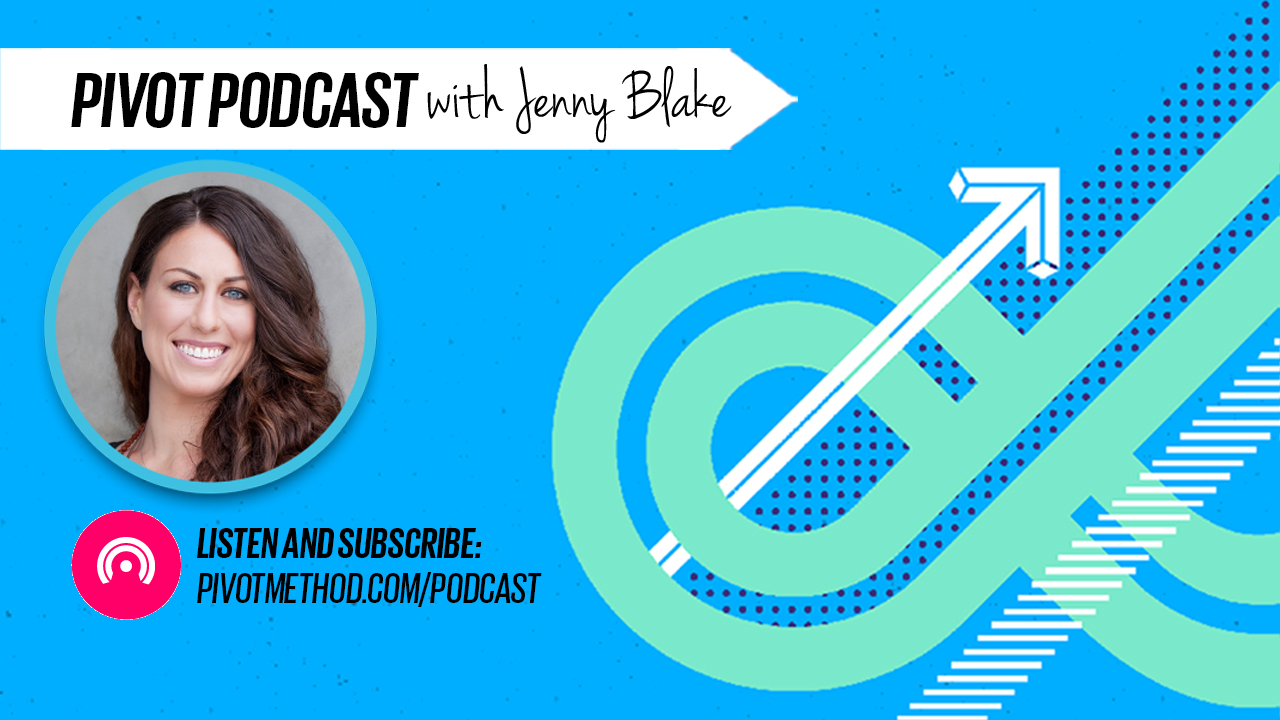Do your eyeballs hurt?! No matter my joy and awe at humanity’s creativity in times of crisis in terms of moving everything online—everything. is. online. Even pre-pandemic, our phones were already spitting out weekly Screen Time reports to help us put down the devices . . . now we’re glued to them as the only outlet for social connection, culture, and productivity.
In a New York Times article, When a Home Becomes Headquarters—also titled “Logged on from the Laundry Room” (LOL)—even the CEO of Cisco, the company that runs meeting software WebEx, Chuck Robbins acknowledged the difficulties. He said, “I tell you…this whole teleworking thing — as much as we sell it to our customers, I’m not sure I want to do it 100 percent of the time. Nobody prepares for this,” he said.
At the same time, people want to connect! We are hungry for it, going stir crazy, and missing our cultural outings. I wholeheartedly agree with Sundar Pichai, CEO of Alphabet, who said “It’s a miracle you can run a company this way."
So today I’m sharing 16 strategies for staying sane amidst the endless screens—particularly for work-related meetings—across three categories: for meeting leaders, participants, and during the meeting best practices.
Got a brilliant solution I’m missing? Submit follow-up questions or audio notes for a future conversation at http://pivotmethod.com/ask
Check out full show notes from this episode with links to resources mentioned at http://pivotmethod.com/174




